
Sign in to your ScreenRant account
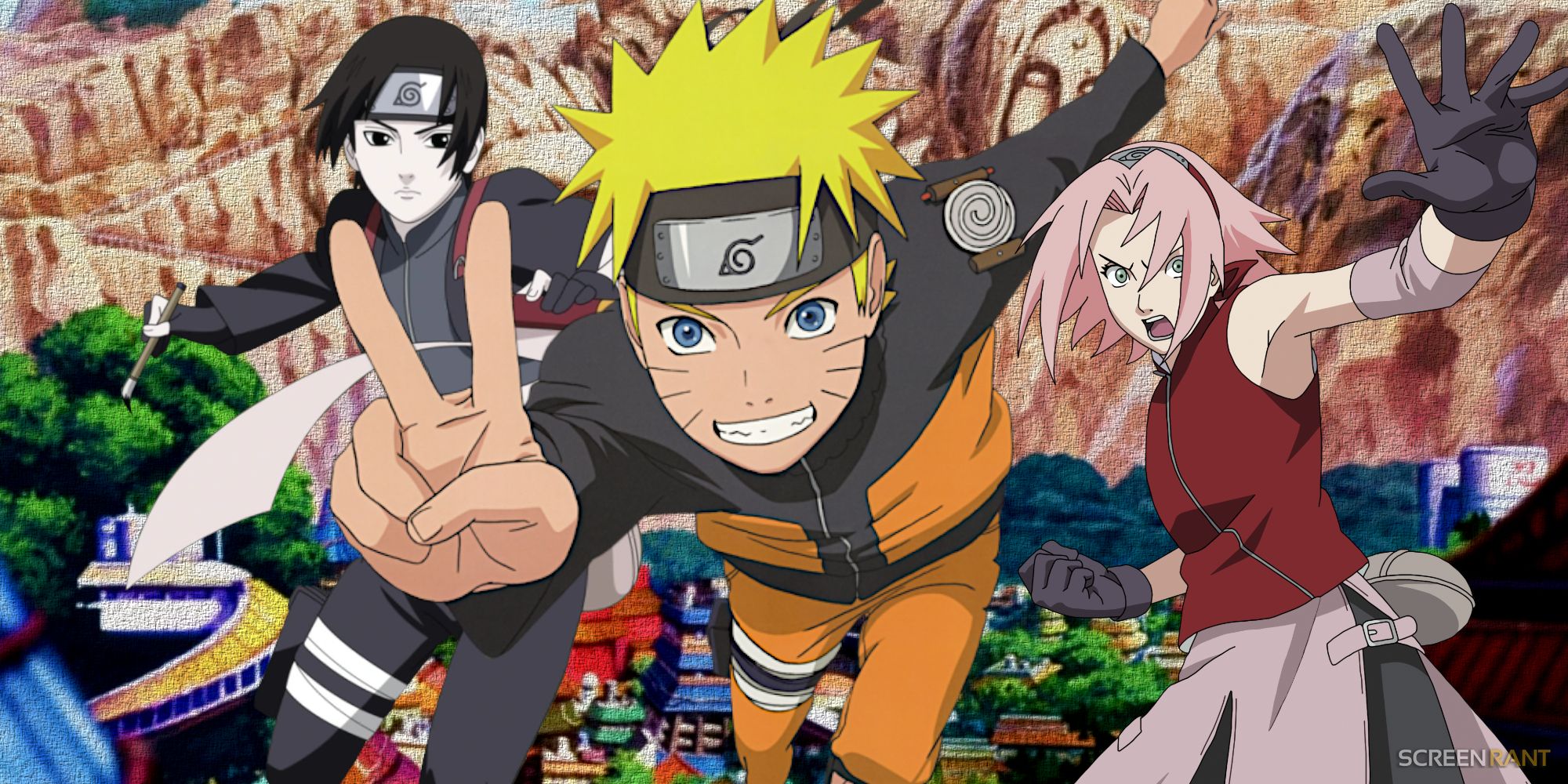 Custom image by J.R. Waugh
Custom image by J.R. Waugh
For Naruto's fanbase, there's a love-hate relationship with one trope from the series—but I think that without it, Naruto would have faded into obscurity. "Talk no Jutsu" is the name that's been jokingly given to Naruto's emphasis on talking things out and coming to a peaceful resolution. Naruto's easygoing charm and headstrong resolve make him charismatic enough to win over practically anybody, and several "fights" within the franchise are won without any violence at all.
Of all Naruto's plot devices, "Talk No Jutsu" has become one of the most divisive. Even individual fans are usually divided about it. On one hand, it's key to the empathetic core of the franchise that makes Naruto feel as warm and thrilling as it does. On the other, it starts to feel repetitive with time, and it can be grating—particularly when some opponents who don't seem deserving of redemption nonetheless receive it. Nonetheless, this trope is essential to Naruto's identity as a franchise, and without it, it would have been forgotten.
The Forgotten Origins of Naruto's Talk no Jutsu
Naruto's Favorite Trope Has A Storied History
Like how many aspects of Dragon Ball feel dated because of its influence, the concept of the "power of friendship" is nowadays disregarded as a lazy cliché. Few franchises could be more directly implicated in that accusation than Naruto, whose story has always centered around belonging, peaceful resolution, and empathy. The trouble, though, is the paradox of influence at play here: Naruto isn't representative of the "power of friendship" cliché; "power of friendship" has become a cliché in part because of Naruto's overwhelming influence.
In the 1970s and 1980s, although there were certainly elements of friendship and camaraderie evident in major shōnen series like Dragon Ball, the focus was still very much on one particular character's greatness and narrative. The shōnen of the late '80s and '90s would gradually start to place more of an emphasis on something beyond just group interactions or combinations. The inseparability of the primary character from those who grant them support becomes a primary concern.
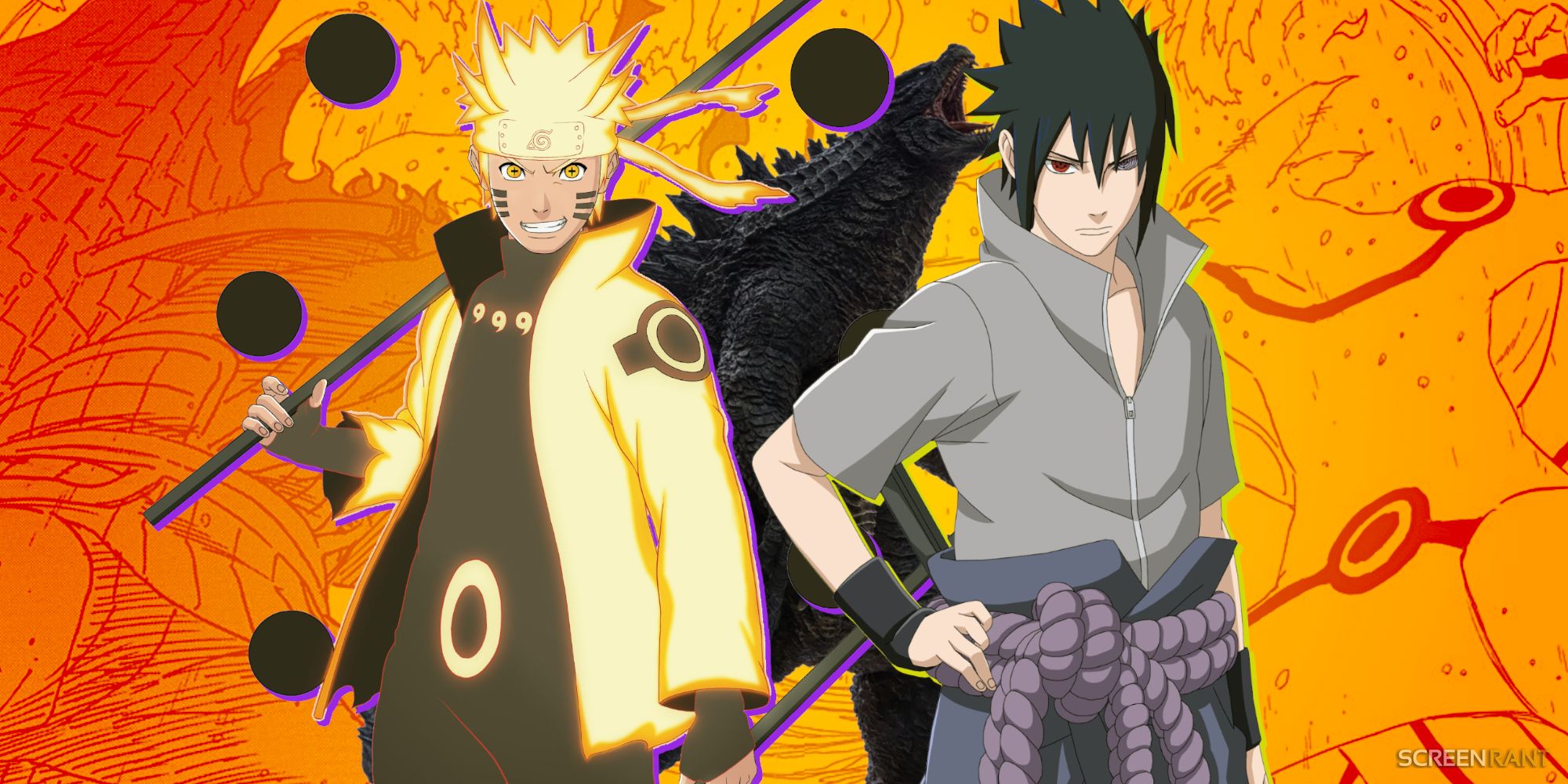
Related
Naruto's Last Battle Is Actually a Genius Callback to Kishimoto's Original Idea for the Manga
The climactic final battle of Naruto features two of its most important characters settling their differences with a surprising pop culture reference.
One major milestone here was Jojo's Bizarre Adventure's third part, Stardust Crusaders: a buddy-trip blockbuster action adventure where, although protagonist Jotaro Kujo is clearly given the spotlight, his team shines as critical support. This dynamic is mirrored in series like Yu Yu Hakusho, too: Yusuke Urameshi is the main concern, without a doubt, but the role of friendship becomes far more important. Early shōnen binaries of good/evil or friend/foe start to melt away as the protagonist's social position becomes much more important.
Togashi's radical follow-up to Yu Yu Hakusho, Hunter x Hunter, would take this even further with multiple protagonists and a dynamic central team. The legendary Chimera Ant arc shows a new side of shōnen where absolute evil melts away and enemies are given complex motivations and emotions. The difference between villains in, say, Yu Yu Hakusho or Stardust Crusaders is profound compared to later shōnen. Shōnen writers slowly began to depict a new kind of narrative with a much greater emphasis on emotional depth.
Talk no Jutsu Is Essential To Naruto's Identity
In Naruto, An Enemy Doesn't Have To Stay An Enemy
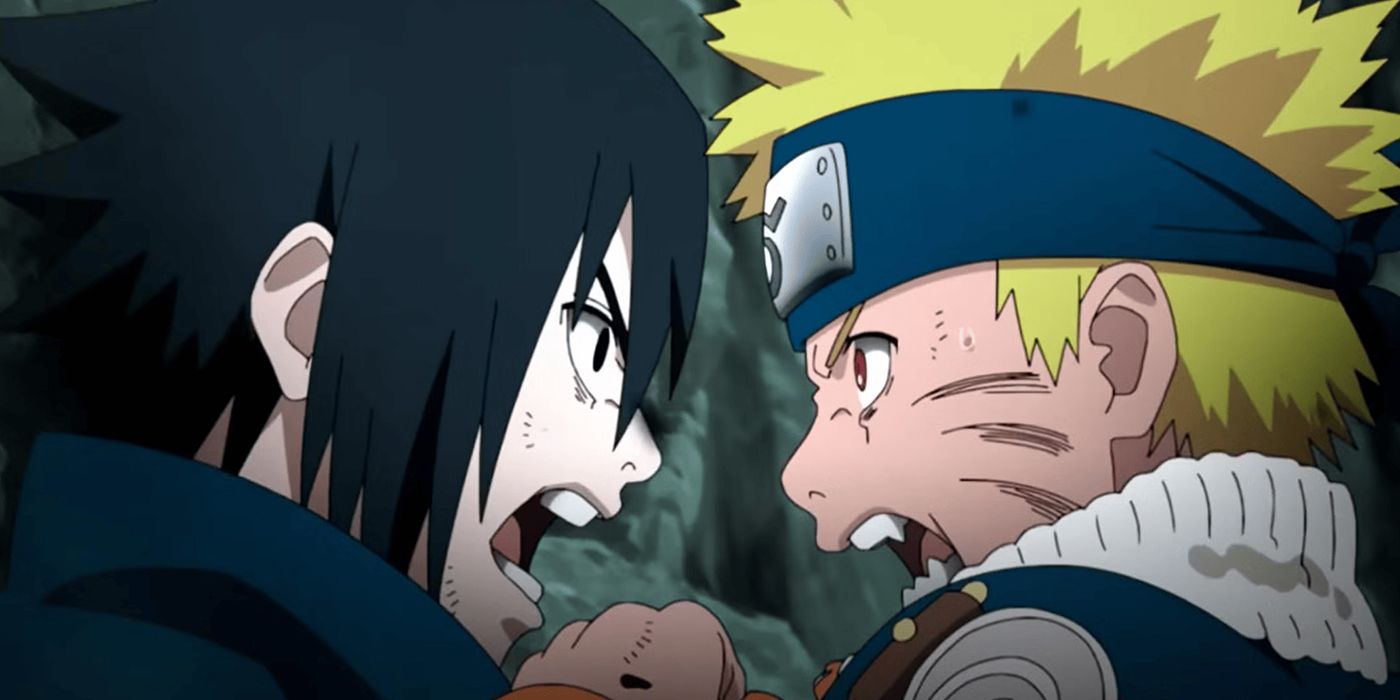
This is where Naruto really starts to come in. Shōnen's gradual shift from morally concrete stories centered around extraordinary individuals, as well as the broader emotional spectrum shōnen became capable of representing, cleared a space for franchises with more emphasis on world-building, empathy, and characterization. Naruto and One Piece appeared as two realizations of this new possibility. Where One Piece excels at world-building, Naruto focused on its character exposition.
For Naruto , gone were the days when a villain could be just inherently evil.
While Naruto and One Piece certainly influenced one another, Naruto wasn't intended to be a world-sprawling adventure with incredible detail like One Piece was. Naruto placed all of its bets on two core ideas: the first is to make sure that the themes get through to the reader, no matter what; and the second is to make sure that characters have tangible reasons and motivations for their behaviors, choices, and beliefs. Kishimoto was even willing to undermine the values and image of Naruto's main village, Konoha, in order to make its villains more believable.
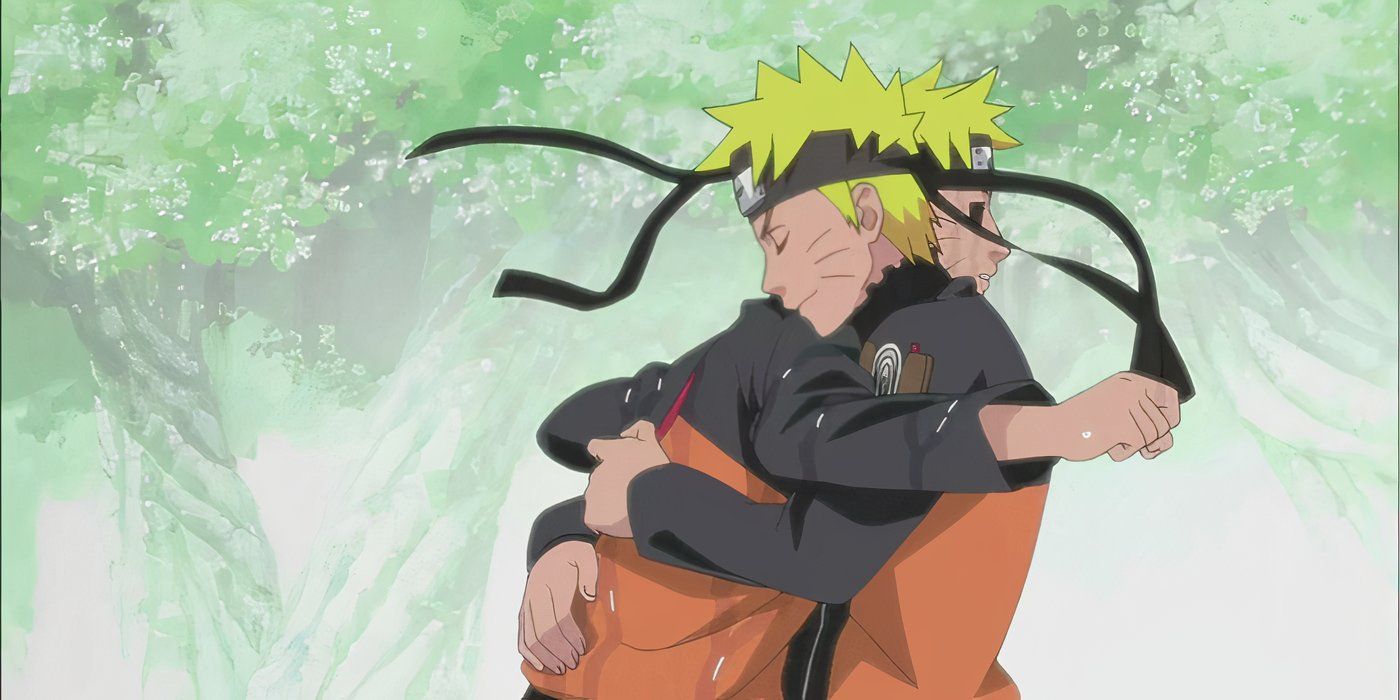
Related
Naruto's 5 Biggest Lessons Every Anime Fan Should Take To Heart
Naruto is one of the most beloved manga and anime franchises in the world, and part of that is all the heartfelt lessons it imparts on fans.
Naruto presents a world where anyone can be "reasoned with", even if one might not win them over. For Naruto, gone were the days when a villain could be just inherently evil; friendship and antagonism, love and hate alike were deliberate choices made in response to one's situation. The deeply troubled and troubling political backdrop creates a situation where, if someone looks at the comment thread for—let's just say—an article arguing that a character like Danzo isn't a villain, fans vehemently take sides for and against it. The discussion is endless.
Naruto Owes Its Success To Talk No Jutsu
Naruto Would Have Been Forgotten Without The Unparalleled Charm Of Its Protagonist
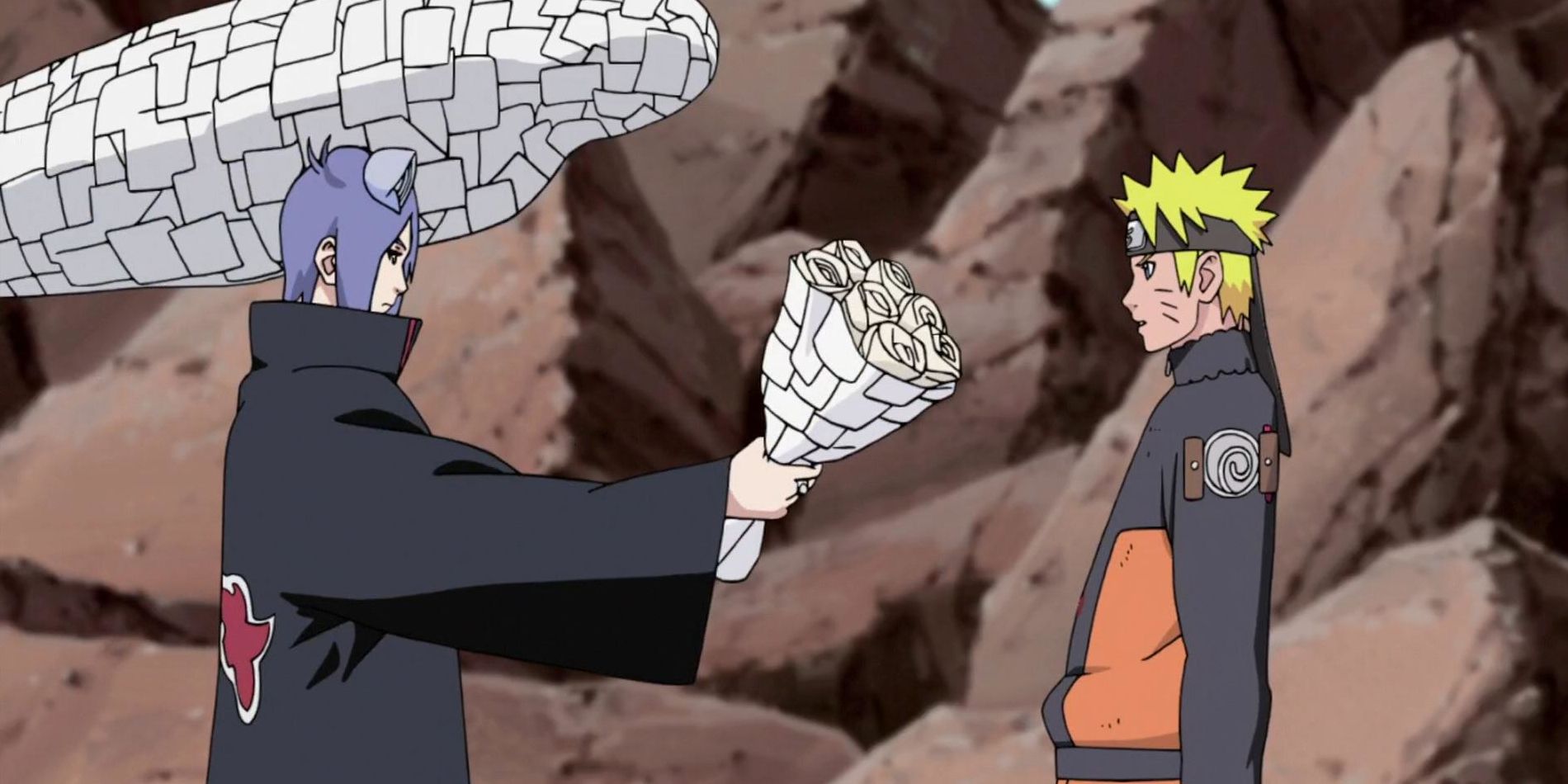
So maybe it's only a natural result that, likewise,Naruto's own discussions seem endless—whether it's Naruto with Sasuke and Pain, Kakashi with Obito, or Hashirama with Madara. The concept of dialogue, duality, and ambivalence toward the "right" perspective always takes priority in Naruto. This quality is what made Naruto so unique, and it's indelible from its success. Viewers become attached because, like all of Naruto's characters, they must "buy in" to an opinion on the world, its lives, and its structures. Strictly speaking, it's impossible to watch Naruto passively.
In Naruto , the most important moments aren't where characters show their brute strength; it's where they show their deepest vulnerability.
This was essential to Kishimoto, who wrote characters representing underrepresented readers. For example, in Jojo's Bizarre Adventure, Dio's villainy is directly connected to his upbringing in Victorian slums. Young fans from poverty might identify with Dio, but also likely find him flat. Dio is wonderful and shows the real drive for power that such destitution can create. However, he lacks emotional complexity or, to an extent, the "reasoning capacity" of characters from "normal" backgrounds.

Related
Good News Naruto Fans, Pieces of the Franchise Most Fans Haven't Seen Are Finally Available on Streaming For Free, & Here's How You Can Watch
Viz Media now streams all Naruto movies and major anime titles like Death Note and Inuyasha for free on YouTube—fans can enjoy them with ads.
By contrast, like Konan or Sasori, Naruto's characters are always psychologized and made empathetic—which in turn empathizes with readers of similar backgrounds. Kishimoto has been explicit about this, and empathy is at the heart of the franchise. The critically unique and identifying idea in Naruto is that everyone can be understood, and everyone is worth understanding. It's no wonder that such a series would catch fire. Naruto, like its title character, relentlessly exudes an inimitable warmth and earnestness, even where its supposed ideals most fall apart.
In Naruto, the most important moments aren't where characters show their brute strength; it's where they show their deepest vulnerability. Any battle shōnen could show something like Naruto and Kurama going all-out against Pain, but only Naruto would show Naruto going to speak with Nagato in an attempt to kill him with kindness. Love it or hate it, I think Naruto's emphasis on the fact that anyone can speak with sincerity—that there's a true strength in friendship and understanding—is the thing that has always set the series apart, and it's why it succeeded.
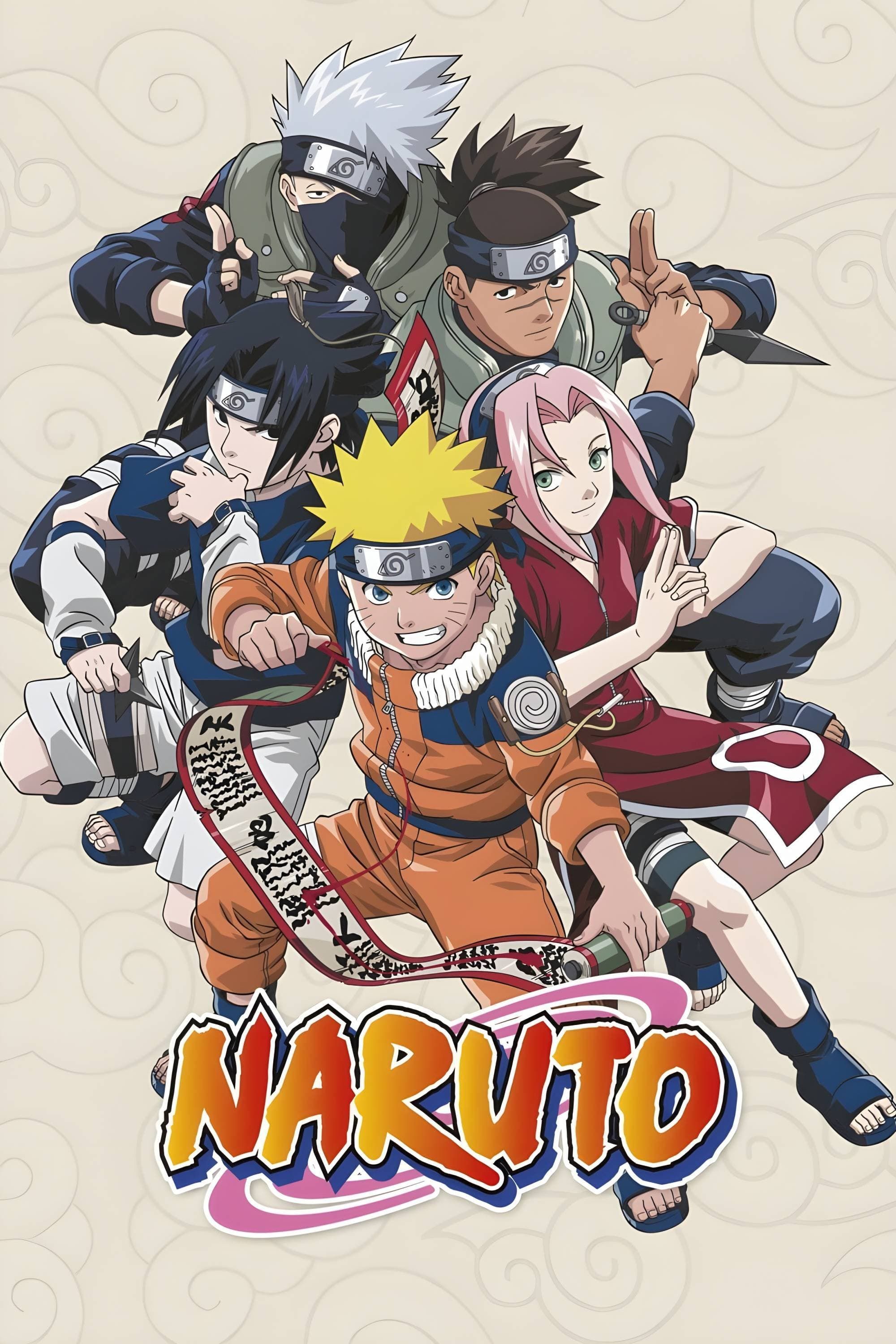
Naruto
Naruto is a franchise spawned from the manga series penned by Masashi Kishimoto that began in 1999. Generating several tv series, games, movies, and more, Naruto follows the exploits of a young outcast ninja harboring the spirit of a demon fox who seeks to become the Hokage, the leader of his ninja village, to break the stigma against him. Upon the conclusion of the initial series, Naruto expanded into Boruto, following many series protagonists' children and returning faces.
First Episode Air Date October 3, 2002
Cast Junko Takeuchi , Maile Flanagan , Noriaki Sugiyama , Chie Nakamura , Kazuhiko Inoue , Nana Mizuki , Hideo Ishikawa , Yûko Sanpei
Character(s) Naruto Uzumaki , Sasuke Uchiha , Sakura Haruno , Kakashi Hatake , Itachi Uchiha , Hinata Hyuga , Gaara , Jiraiya , Tsunade , Orochimaru
Summary
Naruto is a Japanese manga and anime franchise created by Masashi Kishimoto. It follows Naruto Uzumaki, a young ninja striving for recognition and aiming to become the Hokage, the leader of his village. The franchise has a global fanbase due to its rich storytelling, character development, and themes of perseverance and friendship. It has expanded into anime series, films, novels, video games, and more. The sequel series Boruto continues the story, focusing on Naruto's son, Boruto Uzumaki.

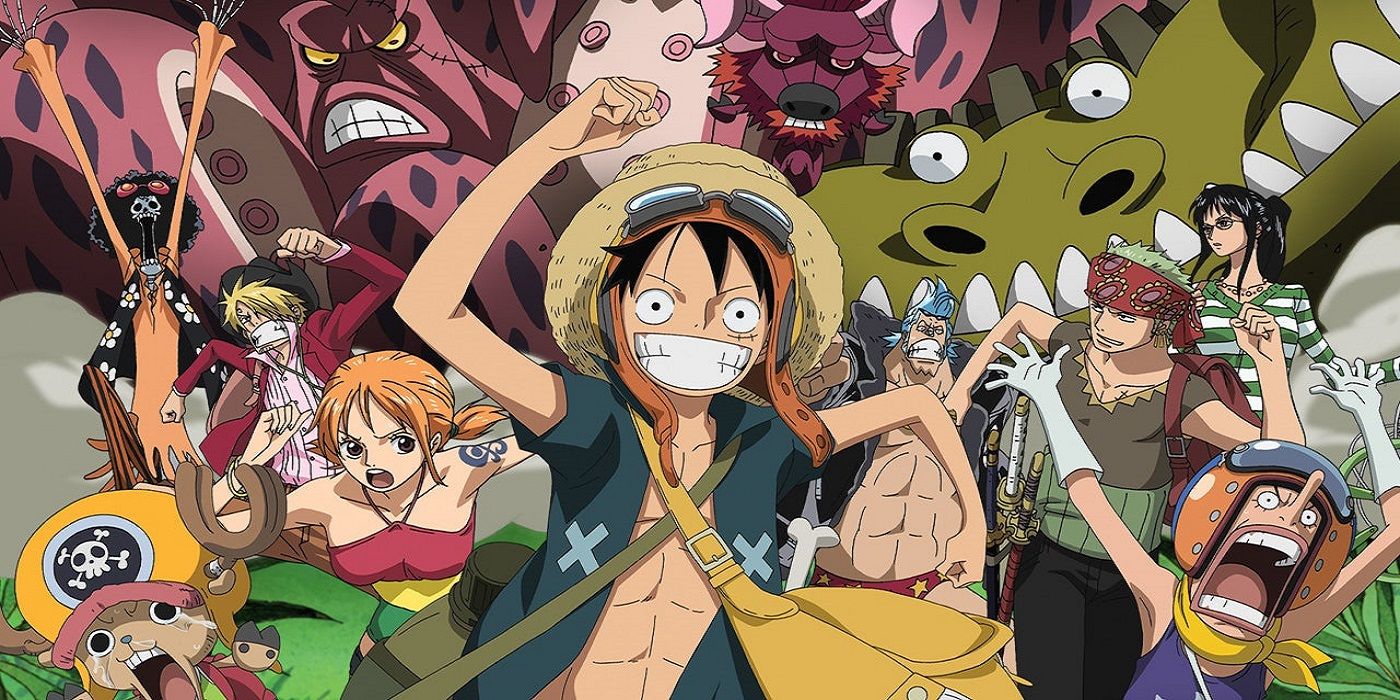

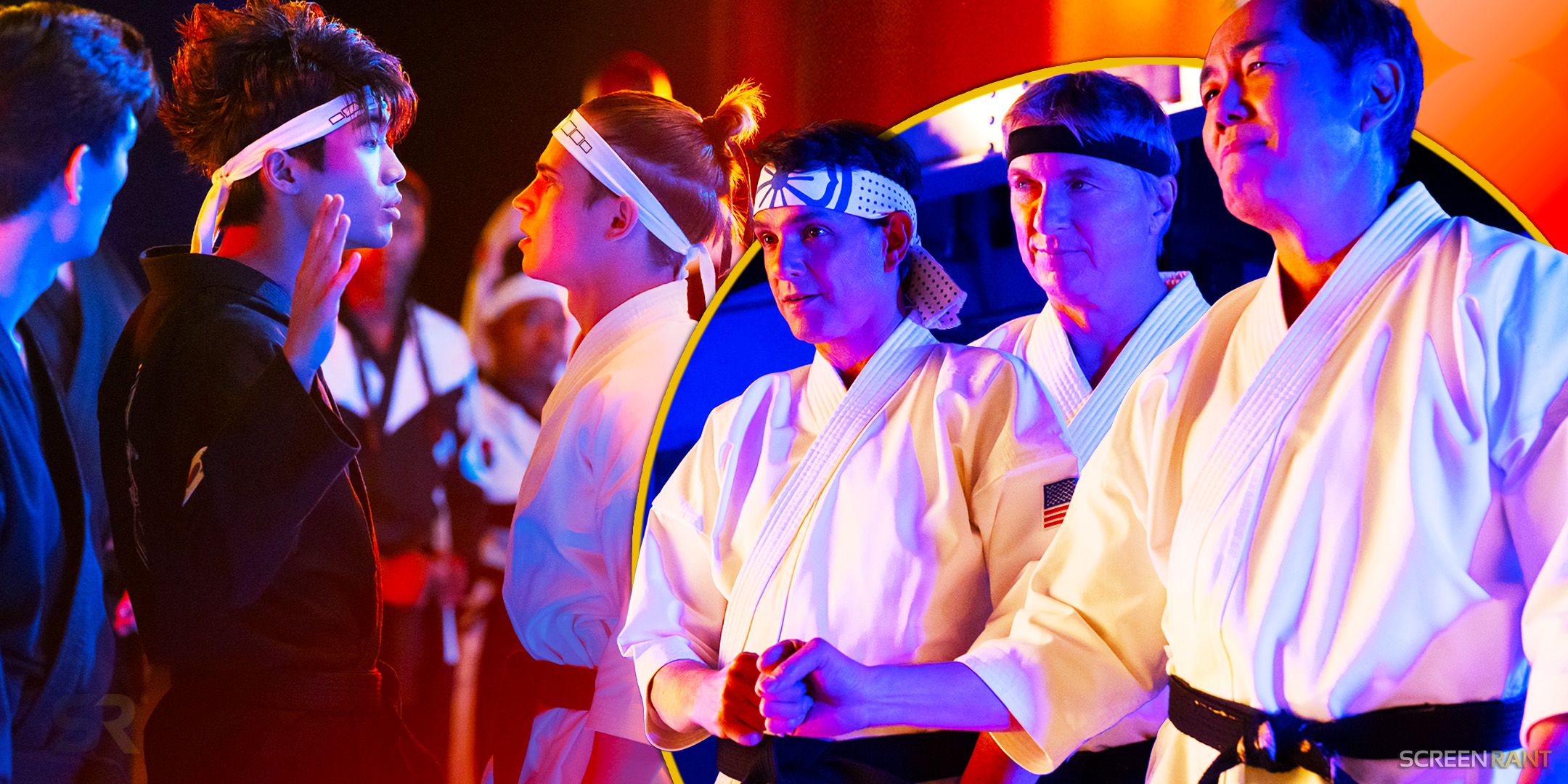


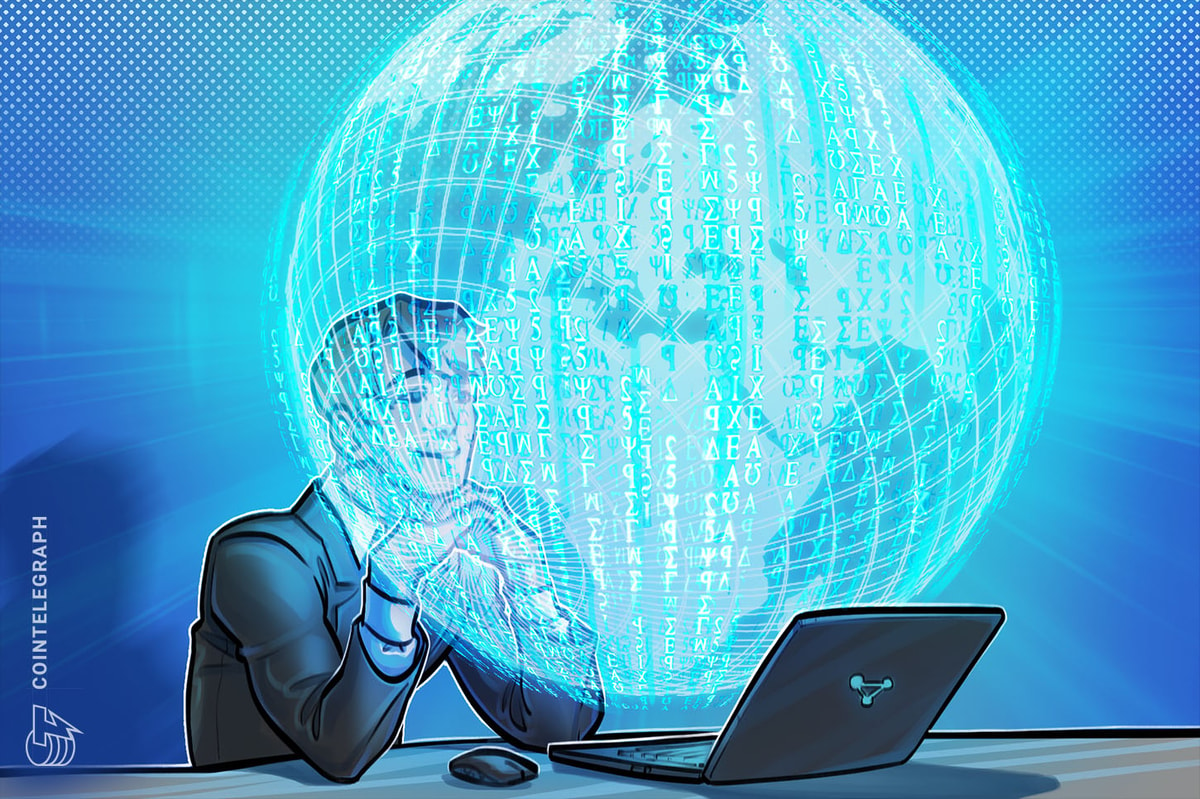

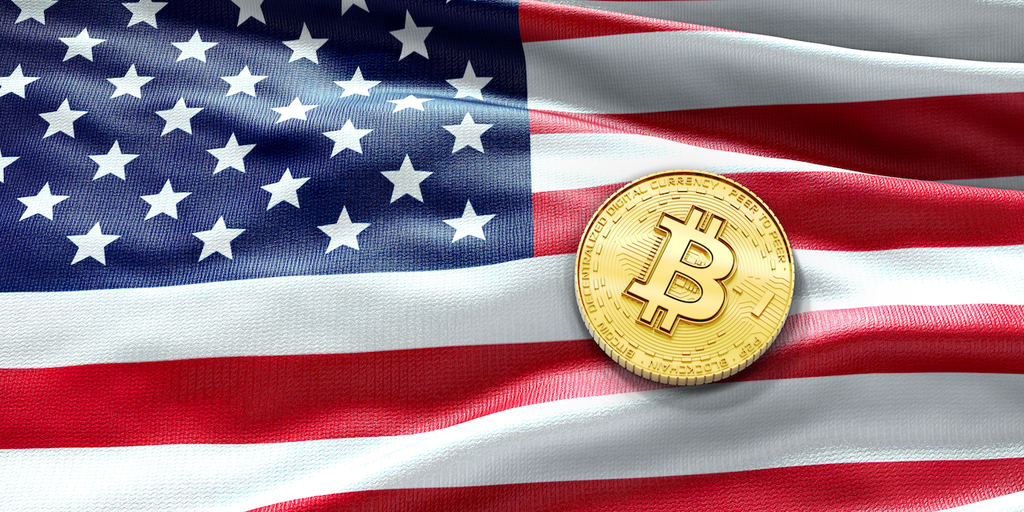
 English (US) ·
English (US) ·